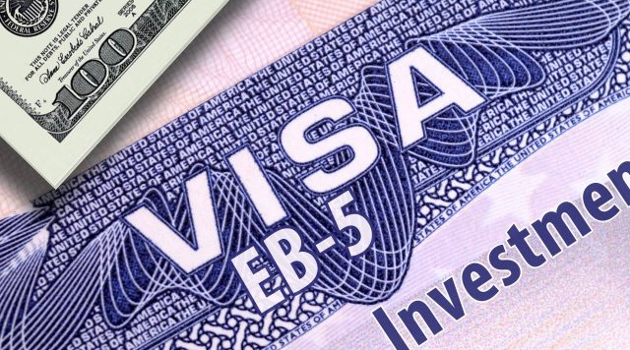Originally published by The Washington Times on May 1, 2018.
Earlier this year, President Trump told the gathering of business and political elites at the World Economic Forum in Davos, Switzerland, that “America is open for business.” It’s true that last year’s historic tax reform effort did much to make America a more attractive destination for business and investment, but more still can be done. For one, the president can put an end to an Obama-era regulatory effort threatening a program that brings new investment into the United States each year.
The list of last minute Obama regulations is long and destructive. Sam Batkins of the American Action Forum issued a report following the end of President Obama’s tenure that noted, “with a last-minute flourish of $24 billion in final regulatory costs in the last three weeks, the Obama administration passed $890 billion in cumulative burdens. The record-breaking regulatory output of 2016, which imposed the most major rules in history, capped perhaps the most aggressive regulatory record in history.” One of those last-minute Obama regulations sabotaged the EB-5 immigrant investor visa program in a way that hurts economic output.
In recent years, the EB-5 immigrant investor program has seen significant growth. Currently capped at 10,000 visas per year, it is the only immigrant program that doesn’t create any new competition for domestic workers. While low unemployment makes this less of an issue than it might be otherwise, that’s still politically significant. It is also the only investment-focused visa category.
Qualifying for an EB-5 visa requires an investment of $500,000 in rural or high-unemployment areas, or $1 million elsewhere, that creates or preserves at least 10 full-time jobs. A conservative estimate places the total investment brought into the U.S. economy since 2008 at $20 billion, and a Department of Commerce report estimated over 174,000 jobs created just in fiscal years 2012 and 2013, or approximately 16 per investor.
This is a win for America. But since many nations offer investment immigrant programs to attract foreign capital, the U.S. version must remain competitive for these economic benefits to continue. Unfortunately, the last-minute regulatory effort by the Obama administration has placed the program in jeopardy.
The 11th-hour Obama rules would significantly raise the investment thresholds and discourage many investors from using the program. Even though the rules have not been finalized, continued uncertainty over the status of the program is already having a negative effect by making it harder to raise funds for new investments.
The rules were delayed after Mr. Trump took office, but now members of Congress critical of the program but dissatisfied with their inability to convince colleagues of their views want regulators to step in and do their work for them.
In a recent letter to Mr. Trump’s new secretary of Homeland Security, Kirstjen Nielsen, the chairs of the House and Senate Judiciary Committees, Republican Rep. Bob Goodlatte and Sen. Chuck Grassley, along with former Judiciary Committee chair and Democratic Sen. Patrick Leahy, urged her to advance the Obama-era rules. This would be a mistake and would undermine her boss’ stated agenda, though the EB-5 program does have some room for reform.
Currently, more than half of the visas go to family members, but it was not the intent of Congress for family members to count against the 10,000 cap. And since immigration reform is likely to reduce the number of non-merit-based visas, the EB-5 cap can be raised to replace at least some of those numbers with more job-creating immigrants.
Some congressional members are concerned about fraud within the program, and new protections to satisfy these concerns may be needed to get legislation through Congress and shore up support for the program. Similarly, the discount for high-unemployment and rural areas could be better targeted if Congress still sees such incentives as a worthwhile goal, though the economy would be best served by letting the market direct investment rather than giving weight to political preferences. Critics also sometimes cite national security as a reason to oppose the program, but there’s no evidence that it has ever led to a serious security threat.
Whatever the final details, it’s important that the work to reform the program takes place in Congress rather than through regulation so that policymakers can be assured that new rules are not so restrictive as to undermine the intent of the program.
There is fierce debate over how to settle some of the pressing immigration issues. Legislative solutions to questions surrounding DACA, the diversity lottery program, and what to do about illegal immigration have so far remained elusive. However, some manner of compromise reform is likely to pass eventually. That is the preferred vehicle for making any changes to the EB-5. Legislators should not throw up their hands and accept the regulatory preferences of an administration no longer in office.

